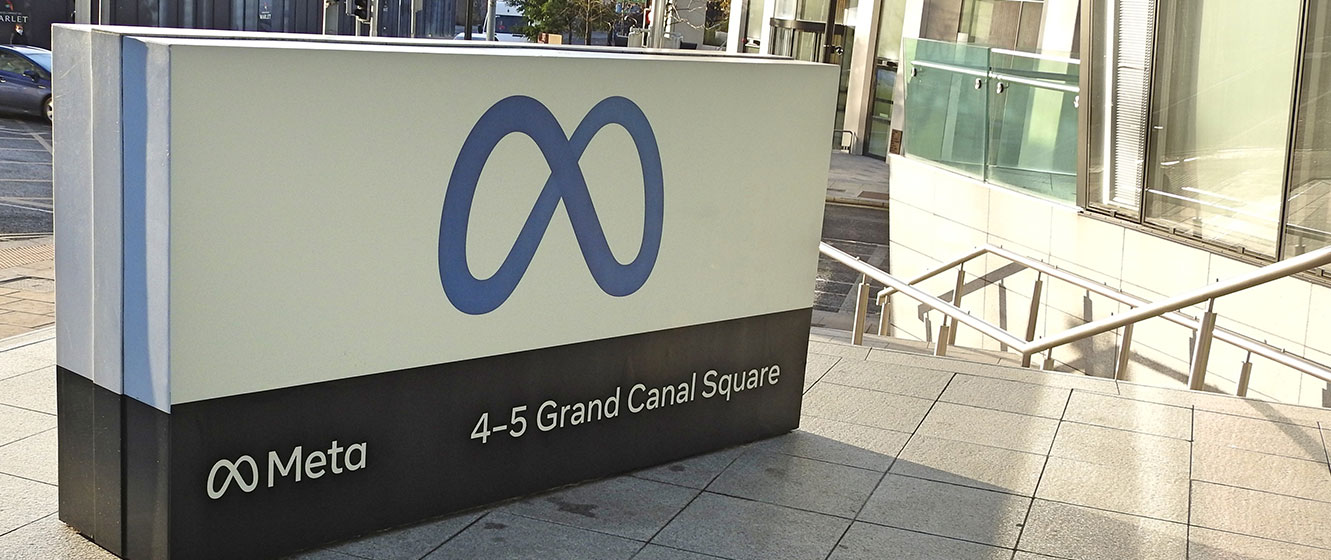Should I Buy Tesla Stock?
Tesla, Inc. (NASDAQ: TSLA), the pioneering electric vehicle manufacturer, has been making waves in the stock market for over a decade. Led by the enigmatic Elon Musk, the company has expanded its reach from electric cars to clean energy and even space exploration. With Tesla’s stock price experiencing both rapid growth and volatility, investors are often left pondering if it’s a good addition to their portfolio. In this article, we’ll explore the various factors to consider before making a decision on Tesla stock.
The Case for Tesla Stock
- Market Leadership and Brand Value Tesla is a leader in the electric vehicle (EV) market, with an estimated global market share of about 17% as of 2021. The company’s brand recognition and reputation for innovation have allowed it to dominate the EV market, making it a strong contender in the rapidly growing industry.
- Expanding Production Capabilities Tesla continues to invest in expanding its manufacturing capabilities, with Gigafactories in operation or under construction in various locations worldwide. These factories enable the company to produce vehicles at a larger scale, helping to meet increasing demand and potentially driving down production costs.
- Strong Financial Performance Despite facing supply chain challenges and increased competition, Tesla has consistently reported growing revenues and improving margins. In 2020, the company posted its first full-year profit and continued to report positive earnings in subsequent quarters. Tesla’s balance sheet remains strong, with ample cash reserves and manageable debt levels.
- Energy and Storage Business Tesla’s energy generation and storage business is often overlooked, but it has significant growth potential. With an increasing focus on renewable energy and energy storage solutions, Tesla’s solar products and Powerwall batteries could represent substantial revenue streams in the future.
The Case Against Tesla Stock
- High Valuation Tesla’s stock price has seen significant growth over the past few years, and its valuation metrics, such as the price-to-earnings (P/E) ratio, are considerably higher than industry peers. This high valuation may cause some investors to question whether the stock’s price has run too far ahead of its fundamentals.
- Increasing Competition The EV market is becoming more competitive, with traditional automakers like General Motors and Volkswagen ramping up their electric vehicle production. Additionally, newer players such as Rivian and Lucid Motors are entering the market, leading to increased competition for market share and potential pricing pressures.
- Regulatory Risks Tesla’s business is subject to various government regulations, including emissions standards, safety requirements, and tax incentives for electric vehicles. Changes in these regulations, or the introduction of new regulations, could impact Tesla’s profitability and competitive position.
- Management Risks Elon Musk’s leadership has been pivotal to Tesla’s success, but his unpredictable behavior and propensity for controversy have occasionally caused concern among investors. Any potential changes to Tesla’s management or Musk’s role in the company could impact investor sentiment and the stock’s performance.
Conclusion
Deciding whether to invest in Tesla stock ultimately depends on an individual’s investment goals, risk tolerance, and belief in the company’s future growth prospects. Tesla has demonstrated impressive market leadership, innovation, and financial performance, which could translate to continued success. However, investors should also be mindful of the risks associated with the stock, such as its high valuation, increasing competition, regulatory risks, and potential management issues. In any case, potential investors should conduct thorough research and consult with a financial advisor before making any investment decisions.







